‘Nomadland’ presents a raw, gritty America against the backdrop of its natural beauty
To be an outcast is to be several things: to be different, to not fit in, to be judged harshly, to be disrespected — but by whom? Relative to whom? Certainly not other outcasts, as it is the similarity in the traumas and hardships they have faced that binds them so closely together. No, to be an outcast is to flout societal norms, and to be excluded from the inner circles of society as a result. But what happens when society fails people, thus making them outcasts, only to judge them all the same for the choices they make out of desperation?
These outcasts are the modern-day nomads of “Nomadland,” who packed their entire lives into an RV and roam around the American Mountain West in search of work — any work — with a community of fellow nomads as their only companions.
This society is our own. It failed Fern (Frances McDormand) when her hometown of Empire, Nevada was eliminated entirely after the gypsum plant that was its lifeblood was shut down. When Fern’s husband died soon after, she was left completely alone — forced to become a nomad.
The housing crisis of the late 2000s-early 2010s, which sets the events of “Nomadland” in motion and looms over the film for its duration, hit America harder than any economic recession since the Great Depression, or so I’m told — I’m not old enough to have had any real awareness of what was going on at the time. While watching the film, I found this detail to matter more than I had thought it would.
I can appreciate a well-made movie — which “Nomadland” is — but you can’t expect me to have a visceral emotional reaction to an event I never truly experienced, at least not to the extent that someone who did experience that event would. As I touched on in my review of “The Father,” I can (and do) have sympathy for every one of the characters in this film, but I am unable to have empathy for them. It’s a simple distinction, but it’s also an important one to keep in mind as you read this review.
“Wait a minute,” you may be thinking, “you resonated with ‘The Father,’ and you’ve never had dementia.” That is true, but “The Father” used devices throughout the movie to actively trick the audience into feeling like they themselves had memory loss, therefore allowing all audience members to become just as confused and distraught as the protagonist as the world built up by the film changes right in front of our eyes. While “The Father” makes no assumptions about its audience’s prior knowledge or experience, “Nomadland” does, causing the film’s message to go over some viewers’ heads (mine included).
The film is shot and presented much like a documentary, which, while it does contribute to its trademark realism, further isolates those who did not live through (at least, not with any real awareness) the period during which the film takes place. Instead of drawing into the nomads’ stories, the documentary style made me feel more like an outside observer as if I was watching the film merely to learn about this strange way of life rather than to understand it.
Now that I’ve harped on the movie’s weaknesses, let’s talk about what it did well because credit should certainly be given where it is due. First of all, Chloe Zhao is nominated for (and will likely win) the Oscar for Best Director for her work on this film, and deservedly so, as the simplicity of “Nomadland” is effective when it comes to cinematography.
Throughout the film, breathtaking scenes of natural beauty serve as the one constant that binds together a linear yet awkwardly spliced array of clips. Moreover, Zhao uses close-ups on the nomads’ faces to illustrate, in a literal sense, the blood, sweat, tears, and dirt that their lives consist of. Zhao’s decision to cast a handful of actual nomads in smaller roles alongside acclaimed actors like McDormand and David Strathairn was also unique, and especially noteworthy because it further contributed to the film’s raw, realistic feel.
I mentioned earlier the fact that I felt “Nomadland” was not accessible for viewers who did not experience the recession of a decade ago firsthand. Does this mean I think the creative team should have made drastic changes to gear the film towards teenagers? Setting aside the question of whether that would even be feasible, I would argue certainly not; every adult I have spoken to has resonated with this film in some way, and I definitely would not want anything to be done that would detract from that experience. However, I can only offer my own perspective in this analysis; as such, it would be insincere for me to tell you that I resonated with the film just because I can clearly see why other people have.
Still, I think you should watch “Nomadland,” because you might have a slightly different perspective on it than me. You might have a wildly different perspective than me. And at the end of the day, that’s a good thing.
Grade: B+
Vikram Jallepalli is a senior at Pelham Memorial High School. Writing for the Examiner is his first role in journalism. He performs in Sock’n’Buskin...



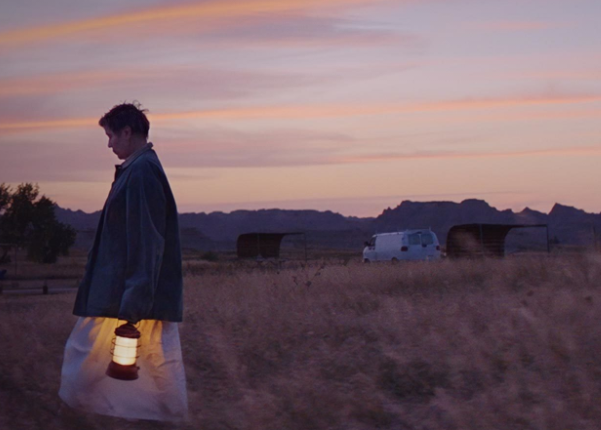
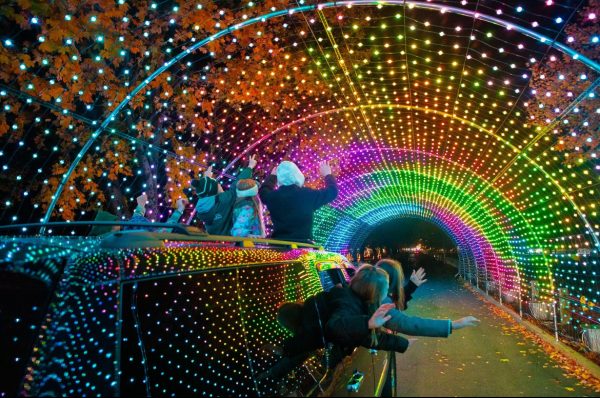
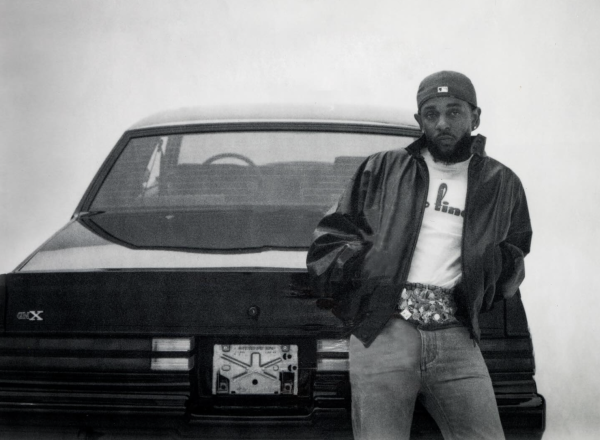
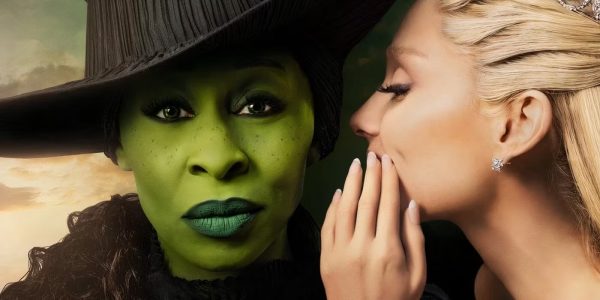


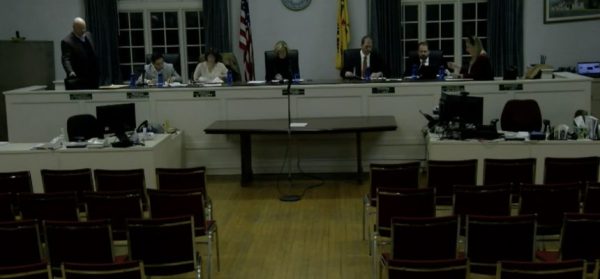
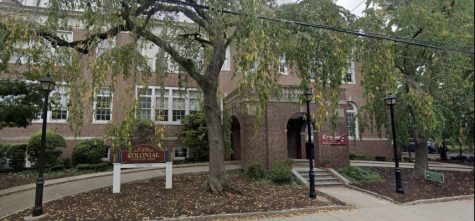

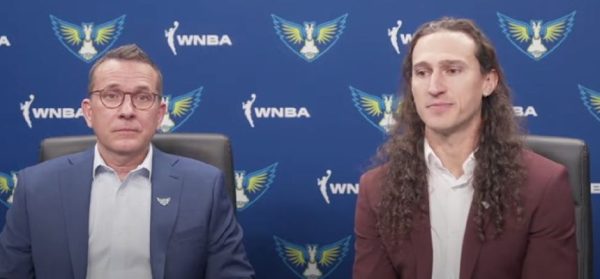
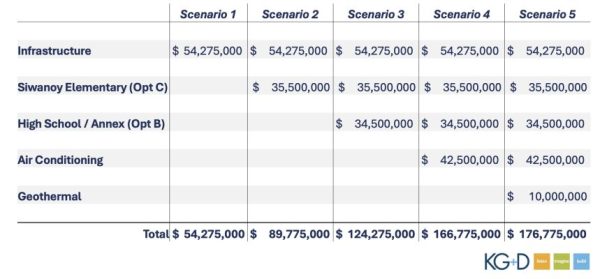
Dan D'Adamo • Apr 27, 2021 at 9:56 pm
Interesting thoughts, and I don’t mean to throw stones here, but I don’t think this movie is about the Recession. I think the Recession is a setting or even a character, an important one at that, but I think the film is much more about finding one’s way in a world we don’t understand.